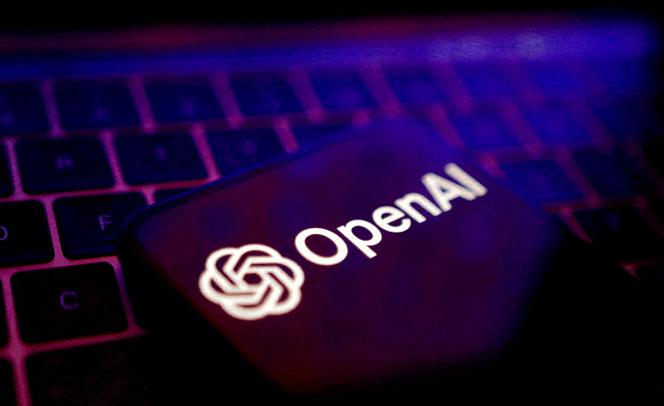


In August, Google hired executives and engineers from Character AI, an artificial intelligence (AI) start-up. In June, Amazon did the same when it recruited from Adept AI. In March, Microsoft made a splash by absorbing part of the Inflection AI team, including its co-founder, Mustafa Suleyman, a former DeepMind employee. The company had been created just two years earlier to compete with chatbot ChatGPT and was valued at $4 billion (€3.6 billion), having raised $1.3 billion in capital. The poachings were noticed throughout the sector and seen as a sign of the economic pressure to which AI start-ups in the US and Europe are now subject after a period of euphoria.
"AI start-ups often spend a lot and can survive one to two years at most without raising funds," explained Hugging Face co-founder Clément Delangue in early September in an interview with Le Monde. "I think [in 2024] we're going to see more and more focus on the profitability of AI start-ups," added the director general of this AI tool and model publishing platform, recounting being contacted every week by "ten start-ups" looking "to get bought out."
The industry's outlook has become somewhat more clouded since some have regretted the existence of a speculative bubble in generative AI, which allows the creation and processing of text, images, and sound. "Generative AI: too much spend, too little benefit?" asked investment bank Goldman Sachs in June. The computing cost to train and operate AIs, as well as the persistence of errors in their responses, raises questions about how soon they can deployed in companies.
In addition, start-ups that often build AI models or services also have to contend with the digital giants that are both their partners and competitors: Through their cloud-based business services subsidiaries, the latter provide start-ups with computing power and distribute their models. Moreover, Google, Microsoft, and Meta can roll out AI assistants on their own smartphones, search engines, social media, or office software.
Even the company that created ChatGPT, the industry's leader, is facing questions. "How does OpenAI survive?" asked AI-critical PR specialist and essayist Ed Zitron in July in a provocative post, doubting the company's chances of "achieving profitability." According to The Information, OpenAI's revenues have doubled in a year and exceeded $3 billion on an annual basis. But its deficit has reached 5 billion, mainly due to the 4 billion in computing costs it pays to its partner Microsoft. According to American media, the latter has invested $13 billion in OpenAI, but the start-up is again looking to raise more than $5 billion, which would raise its valuation to $150 billion.
You have 49.76% of this article left to read. The rest is for subscribers only.
